Safeguarding Code of Conduct
This policy describes the expected behaviour of tutors at the Virtuoso Project in relation to working with children and vulnerable adults to protect their safety and well-being. It exists to prevent any risks to all parties and provide advice about how to proceed if a risk is identified.
Tutors are obligated by the Virtuoso Project to hold valid DBS (Disclosure and Barring Service) clearance, and to agree to the following policy.
The designated safeguarding person (DSP) is Sid Ramchander, director of the Virtuoso Project (sid@virtuoso-project.com, +447545685784 in case of emergencies)
The Policy
Behaviours
Uphold the highest standards of safeguarding and child protection as a primary responsibility. Develop an understanding of the various issues which may cause students harm, and use this knowledge to remain vigilant.
Operate within the boundaries, responsibilities and expectations set out in the contract signed between tutor and student.
Dress appropriately and professionally. Terminate a lesson with a student if they have excessively informal attire, has an inappropriate background, or behaves inappropriately. Communicate the reason for terminating the lesson with the parent/guardian and the director.
Understand and be able to identify grooming behaviour. Never behave in a manner which can be perceived as grooming.
Be friendly but professional in your interactions with students. Never use inappropriate or suggestive language, sexual or otherwise, including in writing or engage in inappropriate relationships with students (including those over the age of 16).
Never work under the influence of alcohol or drugs.
Acquire a basic knowledge of, and be able to identify the four major forms of abuse: emotional, physical, sexual, neglect.
Understand that both the perpetrators and victims of abuse may be of any age, gender, class, ethnicity, sexuality or faith.
Report any concerns to the Designated Safety Person immediately.
Request consent for any photos or video recordings taken of students for teaching purposes. Delete this data as soon as it is no longer needed.
Communication
Communicate all information with parents or guardians via the agreed channel (email or zoom). Avoid any direct communication with the student unless agreed with the guardian.
Use zoom or any other video calling app solely for teaching, or to discuss issues relating to teaching to parents or guardians.
Ensure that parents or guardians are fully aware of when teaching is happening, and are present when signing students into lessons.
Use professionally appropriate photographs for email and zoom accounts, and avoid inappropriate profile pictures on social media.
Where possible, restrict access to students viewing social media accounts.
Never interact or communicate with students on social media or give personal details to a student.
Response and Report of Concerns and Disclosures
If a tutor has a serious concern about a student, such as unusual behaviour, evidence of physical harm not obviously the result of a normal accident, of if a student is infatuated with them, the tutor must make a written record as soon as possible with factual details and contact the Designated Safeguarding Person immediately. If less serious, the tutor must use judgement and consider whether it is appropriate to communicate directly with the parent or guardian, if applicable, and record the instance with the Designated Safeguarding Person.
If a student makes a disclosure to a tutor, the tutor must listen carefully, openly and without judgement. Find an appropriate early opportunity to explain that it will be necessary to share this information with the Designated Safeguarding Person, explaining to them who this person is. Allow the student to make the disclosure at their own pace and avoid excessive emotion in response.
Make a written record as accurately as possible of any disclosure from a student and contact the Designated Safeguarding Person immediately.
The Designated Safeguarding Person is responsible for dealing with all concerns and disclosures. They will take appropriate action depending on the issue raised. This may involve no further action, or an internal discussion with the tutor, or communication with parents or guardians, or discussions with professional advisers, or in cases of serious or immediate danger will contact the Local Authority Designated Officer (LADO) or National Society for the Prevention of Cruelty to Children (NCPCC) or Police.
